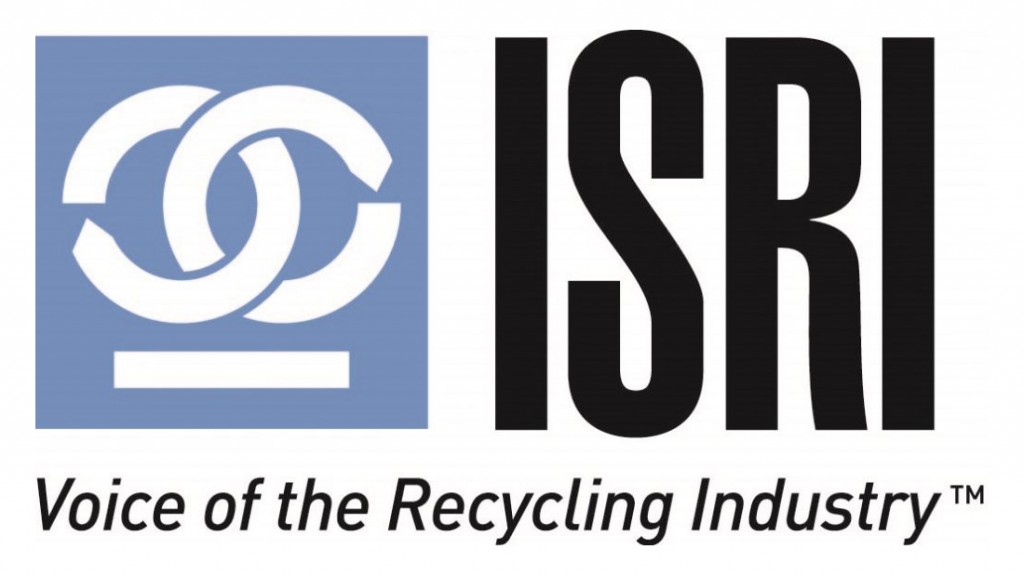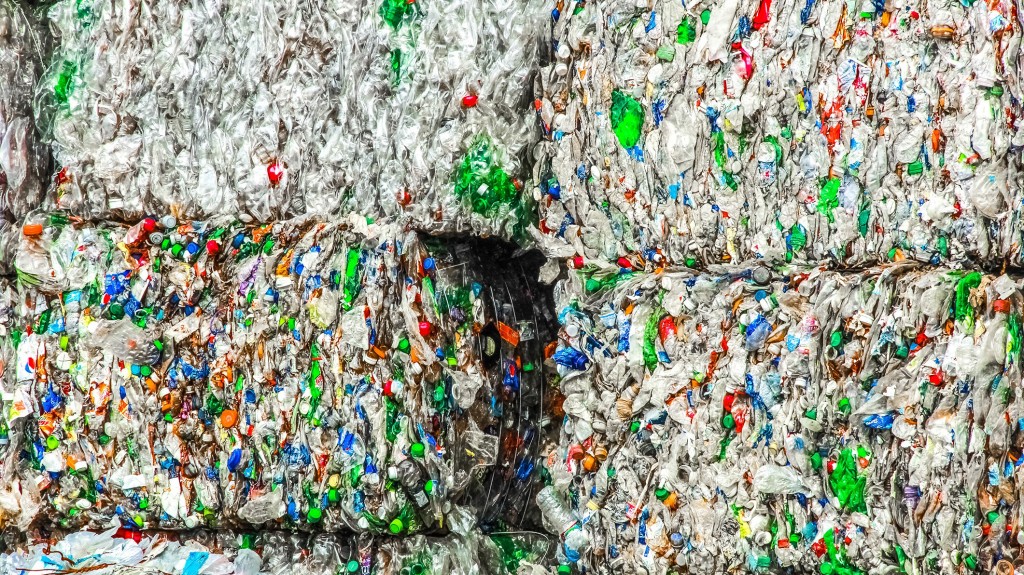
The private sector recycling infrastructure in the U.S. touches almost every part of the economy - from retail stores, office complexes, residential neighborhoods and schools, to factories, industrial operations including construction and demolition sites, and even military bases. Reflecting the essential role of recycling in the economy, the Institute of Scrap Recycling Industries (ISRI) updated its policy position on product stewardship.
Recycling in the United States depends upon a market-based system -- through which obsolete, previously used, off-specification, surplus, or incidentally produced materials are processed into specification-grade commodities and consumed as raw-material feedstock in lieu of virgin materials in the manufacture of new products.
To address facilitation of the proper recycling of difficult to recycle items, ISRI supports consideration of policies that are temporary in nature to support markets for recycling of those items until the markets mature, and that require consumers and manufacturers to:
- Provide a collection mechanism for difficult to recycle items which could be accomplished through manufacturer facilitated collection systems developed in cooperation with retailers or other entities, and/or
- Compensate municipalities / recyclers for costs associated with separate collection, transportation, and processing systems for difficult to recycle items.
Further, should an EPR scheme be proposed in a state legislature for residential recycling that incorporates a producer responsibility organization (PRO) structure, to ensure ISRI has a seat at the table so as to protect the interests of the recycling industry, ISRI would evaluate the state's proposal for an EPR program and seek to ensure industry's interests are considered.
This position is one element of ISRI's policies and positions to address challenges and opportunities within the recycling industry.
The position was adopted by the ISRI Board of Directors on July 16, 2021.



